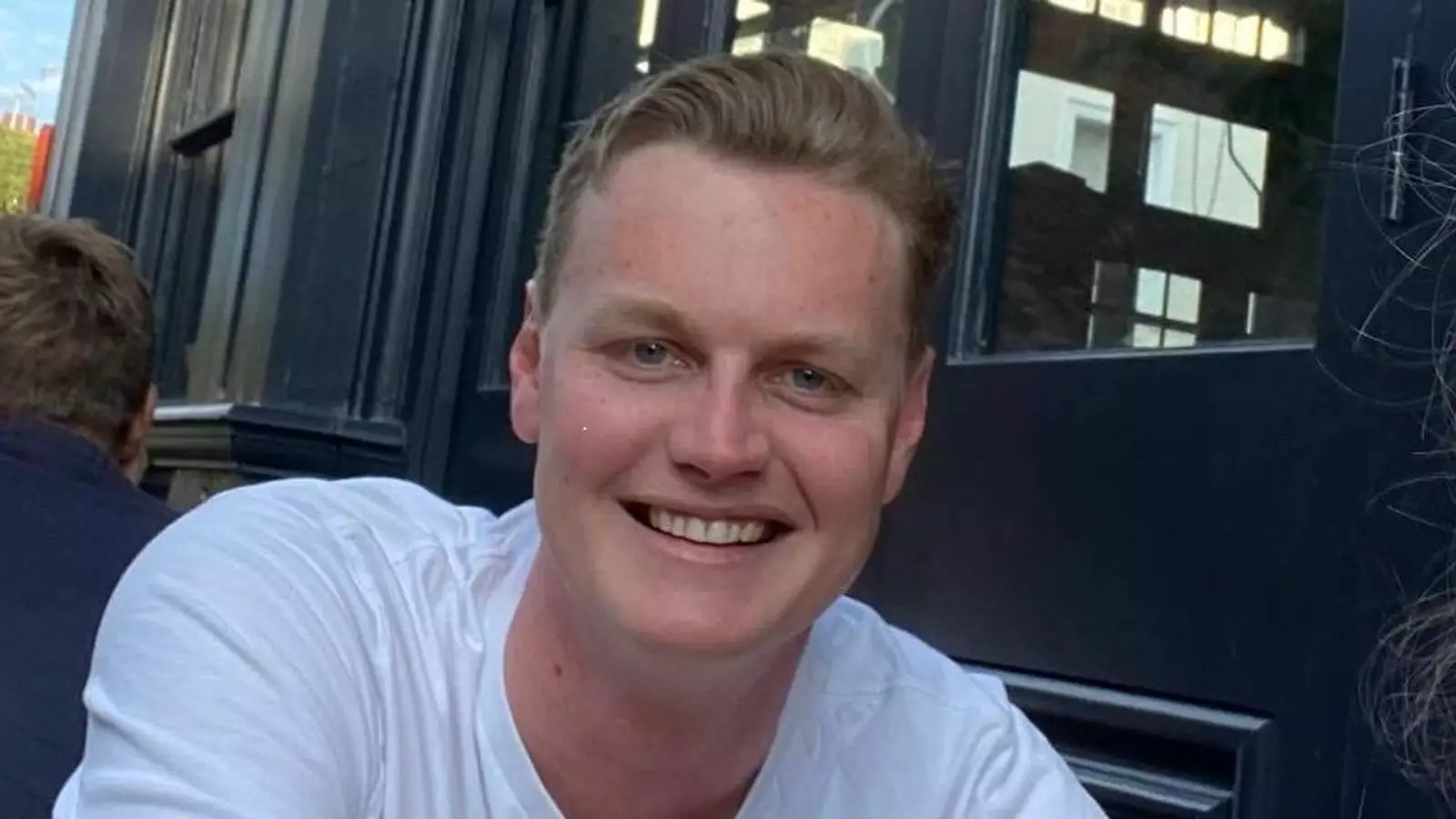The New Year should signify hope and renewal, yet for many, the dawn of 2023 was marred by tragedy. A British man named Edward Pettifer lost his life in a brutal attack in New Orleans, an event that has sent ripples of sorrow across his family and the international community. The Metropolitan Police confirmed his identity, revealing his connection to an even larger narrative—he was reportedly the stepson of a former royal nanny. This revelation not only adds a personal touch to the tragedy but also raises the stakes of public sentiment as figures associated with the British royal family are often thrust into broader social reflections.
In a statement from his family, they expressed their profound grief, highlighting Edward’s roles not only as a beloved son but also as a cherished brother, grandson, and friend. Their request for privacy during this painful time underscores how loss is often a shared sorrow that reverberates beyond the immediate family to all those who knew and loved the deceased. The personal anguish is palpable; they are not merely statistics in a growing list of victims but individuals with unique stories and relationships that have now been irrevocably altered.
On that fateful New Year’s Day, New Orleans became the backdrop for a senseless act of violence. Shamsud-Din Jabbar, a 42-year-old army veteran, drove a rented truck into a crowd on the vibrant Bourbon Street, claiming 14 lives and injuring many others in a shocking turn of events. The preliminary findings from the New Orleans coroner indicate that the victims suffered blunt force injuries, illustrating the chaotic and violent nature of the incident. Further investigations unveiled Jabbar’s apparent connections to terrorist ideologies, specifically his inspiration from the Islamic State.
The brutality of the attack raises crucial questions about the state of security not just in New Orleans but across other densely populated urban areas where public gatherings are common. The grim reality is that the threat of terrorism, despite being perceived as a distant nightmare for many, lurks in the shadows of cities, waiting for opportune moments to manifest itself destructively.
In the aftermath, federal authorities, including the FBI, labeled the assault as “premeditated” and an act of terrorism, shedding light on the growing concerns related to domestic threats inspired by extremist ideologies. The finding of an Islamic State flag, weapons, and improvised explosive devices in Jabbar’s vehicle signifies not just the singular tragedy of this event but may reflect deeper systemic issues that necessitate urgent discourse about radicalization and public safety.
Moreover, Jabbar’s disturbing online presence and his declaration of intentions before the attack signal broader implications for our society. His willingness to harm those closest to him for a cause he believed justified raises significant moral and ethical dilemmas about mental health support, community vigilance, and the duty of social platforms in preventing the spread of extremist rhetoric.
As the city of New Orleans contemplates its recovery from the horrifying events of that day, there’s a pressing need for community healing sessions and dialogues. It is vital for not only the families affected but the broader community to come together, share their stories, and begin the process of mourning collective losses. Public memorials may serve as integral to this process, transforming individual grief into a shared narrative of resilience and healing.
Moving forward, it is also critical that law enforcement and community organizations collaborate to foster environments conducive to open conversations around safety, security, and mental health. The approach should not merely respond to tragedies but also proactively prevent future occurrences through education, outreach, and community-building efforts.
The sorrow felt in the face of such brutality is profound, yet perhaps, in remembering Edward Pettifer and others lost that day, there lies a collective resolve to cultivate compassion and vigilance in our shared spaces. Ultimately, the fabric of any community is woven together through acts of kindness and unity, especially in times of unmatched grief.

Leave a Reply